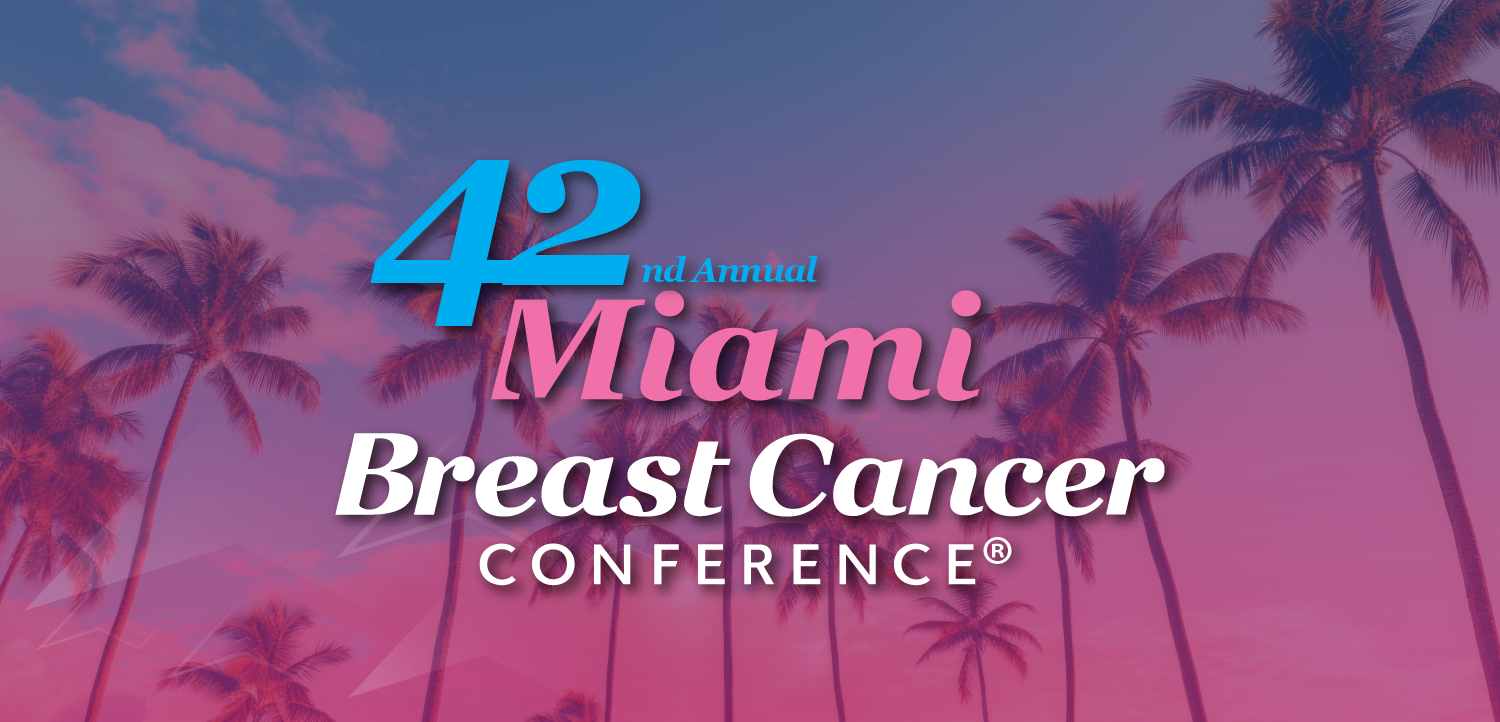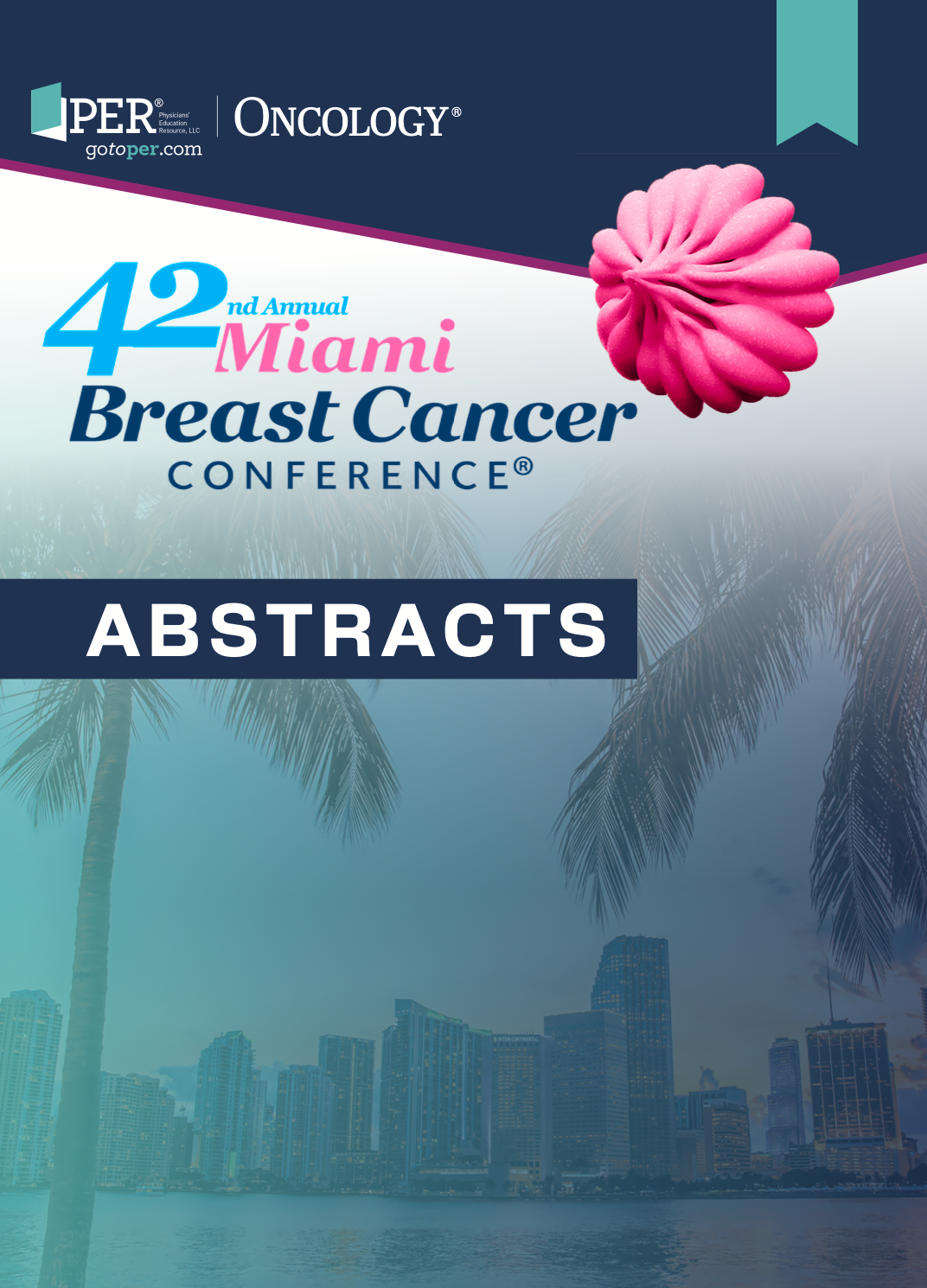21 Distant Disease-Free Survival Across Key Subgroups From the Phase 3 NATALEE Trial of Ribociclib Plus a Nonsteroidal Aromatase Inhibitor in Patients With HR+/HER2− Early Breast Cancer
21 Distant Disease-Free Survival Across Key Subgroups From the Phase 3 NATALEE Trial of Ribociclib Plus a Nonsteroidal Aromatase Inhibitor in Patients With HR+/HER2− Early Breast Cancer

Background
In NATALEE, ribociclib plus a nonsteroidal aromatase inhibitor (NSAI) demonstrated invasive disease-free survival (iDFS) and distant disease-free survival (DDFS) benefits in patients with stage II/III hormone receptor–positive (HR+)/HER2-negative (HER2–) early breast cancer (EBC). In an analysis with all patients off ribociclib, ribociclib plus an NSAI reduced the risk of distant disease recurrence vs NSAI. We present DDFS data from the 4-year landmark analysis of NATALEE across clinically relevant subgroups.
Materials and Methods
In NATALEE, patients were randomized 1:1 to receive ribociclib (400 mg/day, 3 weeks on/1 week off for 3 years) plus an NSAI (anastrozole 1 mg/day or letrozole 2.5 mg/day for 5 years) or NSAI, with men and premenopausal women receiving goserelin. NATALEE included patients with anatomic stage IIA (node-negative [N0] with additional risk factors or N1 [1-3 axillary lymph nodes]), IIB, or III disease per AJCC (8th edition). DDFS was a secondary end point, defined as the time from randomization to the first event of distant recurrence, second primary nonbreast invasive cancer (except for basal/squamous cell skin carcinomas), or death from any cause. DDFS was assessed across pt subgroups, including anatomic stage and nodal status, using Kaplan–Meier analysis and Cox proportional hazards model.
Results
At the data cutoff of April 29, 2024 (median duration of follow-up for DDFS, 44.2 months, all patients off ribociclib), ribociclib plus NSAI demonstrated a DDFS benefit (HR, 0.715; 95% CI, 0.604-0.847; nominal P value <.0001) and a distant recurrence-free survival benefit (HR, 0.705; 95% CI, 0.589-0.844; nominal P value <.0001) in the intent-to-treat population. The DDFS benefit was consistent regardless of the anatomic stage. The absolute DDFS benefit with ribociclib plus NSAI vs NSAI alone increased from 3 years to 4 years for all stage subgroups. Similarly, a consistent improvement in DDFS was observed regardless of nodal status, and the absolute DDFS benefit increased from 3 years to 4 years across nodal subgroups. The DDFS benefit with ribociclib plus NSAI vs NSAI, with an increasing benefit up to 4 years, was consistent across other clinically relevant subgroups, including menopausal and Ki-67 status.
Conclusion
With all patients off ribociclib, ribociclib plus NSAI consistently reduced the risk of distant recurrence across clinically relevant subgroups, including N0 disease. The DDFS benefit was sustained after the 3-year ribociclib treatment duration, with increasing absolute benefit up to 4 years. These findings further support adding ribociclib to adjuvant NSAI in a broad population of patients with HR+/HER2− EBC.
